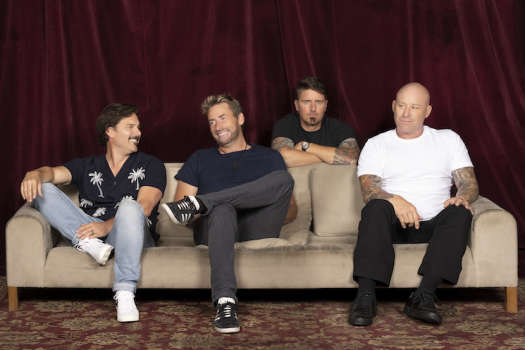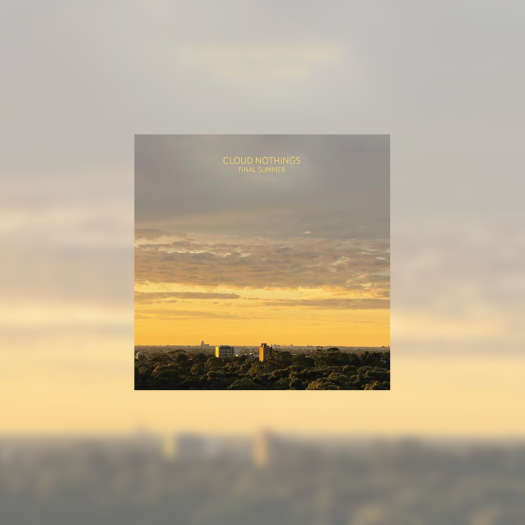As a fan of his work, I understand director David Lynchs reluctance to discuss even the most straightforward elements of his films, much less the abstract and surreal ones, but as a DVD fanatic, its heartening to see a wee crack in the armour on two excellent recent DVD issues: a revealing (and lovingly restored) look at Eraserhead, and this collection of six short films that span from his earliest work to the mid-90s. Accompanying each short is a filmed introduction where he outlines the context of each ones creation. The earliest, from the late 60s, is Six Men Getting Sick, more an art installation than a film, per se, its a one-minute loop projected onto a white wall sculpture. The most recent, 1995s Lumière, is also an historical piece; directors from around the work were invited to shoot one "magazine of film on the last surviving original motion picture camera. The hand-cranked product of this effort which had to be shot on original acetate emulsion film and with natural light lasts only 55 seconds. (Other participants included: Peter Greenaway, Spike Lee, Lasse Hallström, Yimou Zhang, Wim Wenders, John Boorman and many more.) Lynchs fascinating minute is actually more narrative than many of his other shorts; its also the film contained here that most demands repeat viewing. Others, like 1970s The Grandmother, combine live action with animation; this 35 minute film concerns a polite young boy who plants a seed in his bed and grows a giant mutant tree that then gives birth to the titular relative, a kindly old woman who offers comfort from his abusive parents. As much as The Grandmother foreshadows work like Eraserhead (in its lighting, its setting, its interest in birth and creation), 1973s The Amputee seems like a practical joke. When a Lynch colleague is tasked with testing two different videotape stocks for the American Film Institute and it doesnt matter what gets shot, as long as its the same thing twice, to evaluate the quality of the videotape Lynch conceives of a short film that would shock the company, who were at that point his only patrons. (It involves an oblivious, legless woman writing a letter while a nurse attends to her spurting, oozing, disgusting leg stump; both "tests are included here. The second one is more disgusting and the letter-writing woman barely keeps a straight face.) The most straightforwardly narrative film, late 80s effort The Cowboy and the Frenchman, stars Harry Dean Stanton and Eraserhead/Twin Peaks star Jack Nance in an exploration of how the French are perceived by other countries; Lynch throws in a bucketful of American West clichés for good measure. Like most of Lynchs work, these shorts are not always pleasant and they may seem truly bizarre, but with a little bit of context and attention, we realise that Lynchs world isnt all that far from our own. (Absurdia/Paradox)
The Short Films of David Lynch
David Lynch

BY James KeastPublished Jun 1, 2006



